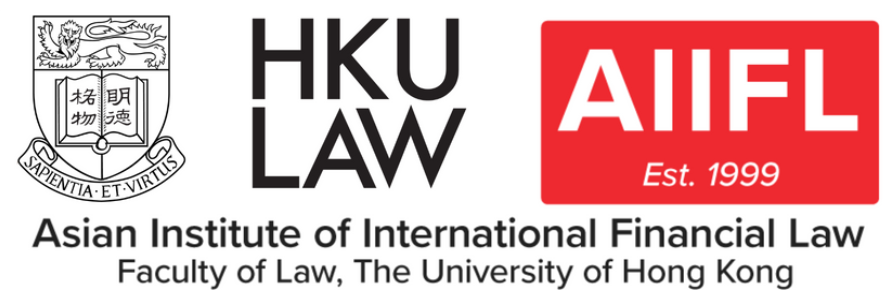Outline of a General Theory of Antitrust
HKU Competition Law Lecture Series
Outline of a General Theory of Antitrust
29 May 2025
There is really only one claim in antitrust, disguised in myriad ways. It is the claim of refusal to deal. The refusal to deal claim in antitrust is, at its core, a prohibition on discriminatory supply of an input to downstream buyers. To be sure, all in-house production requires such discrimination in supply, so there can be no blanket ban on all refusals to deal. To produce, a firm must keep the input to itself, thereby discriminating against buyers in favor of itself, and then the firm must choose which components to combine with the input to produce the final product. When a firm instead supplies the input on nondiscriminatory terms to others, the firm lets buyers decide which components to combine with the input. To avoid proscribing all in-house production, antitrust limits itself to prohibiting only those refusals to deal in which buyers would do a better job of choosing the product components to combine with the input than would the firm itself. All antitrust claims, from the traditional refusal to deal doctrine itself to exclusive dealing, tying, intrabrand restraints, mergers and collusion, amount to variations on this single prohibition. Understanding that antitrust is really just one big refusal to deal claim helps clarify many difficult questions. One implication is that eliminating the refusal to deal doctrine would force the elimination of all of antitrust. Another implication is that a blanket ban on self-preferencing, which is another name for the discriminatory supply of inputs, would be unworkable because if consistently applied it would make production impossible.
About the Speaker
Ramsi Woodcock is Wyatt, Tarrant & Combs Associate Professor of Law at the University of Kentucky Rosenberg College of Law, where he writes on law and economics from a wealth-distributive perspective, particularly in relation to antitrust law. He is a proponent of the “inframarginalist” approach to law and economics, which seeks out opportunities to redistribute wealth without harming economic efficiency. He graduated magna cum laude from Harvard Law School and summa cum laude from Yale College with distinction in Philosophy and practiced antitrust law at WilmerHale in Washington, DC, before becoming a scholar.
Chair: Professor Adrian Kuenzler, Associate Professor, Faculty of Law, The University of Hong Kong
Enquiries: Flora Leung at aiiflhku@hku.hk

